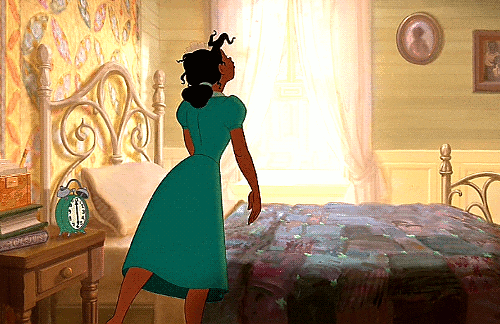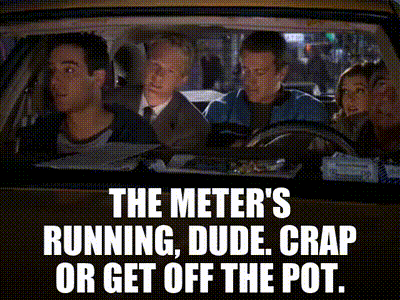You’ve previously posted what a typical day is, but does that change when it is time to crunch? Or do you just spend a longer time at each step? How long is a typical day when crunching? I assume it gets worse the closer you get to deadline.

For those who haven't read it yet, here's my old post on a [typical day as a game designer]. When we're crunching, we just have a longer work day. Tasks don't really get more difficult or time-consuming when we're crunching; we still need to be able to complete each task in a reasonable time frame. Instead, during crunch the number of tasks we need to work through increases significantly, so the "identify the problem, iterate on solutions, try and test solutions, submit a fix" process just happens more often each day.

Normally, I can get called in to prioritize new tasks as they come in, get assigned a new task, or ask/get asked for help about an existing issue during the work day. During crunch, that time frame increases into the evening (e.g. late breaking bugs/issues) and sometimes into the wee hours of the morning. In addition, the bugs that must be fixed during crunch get a little weirder because not everyone is around or available at all times, so I would often fix bugs outside my area of expertise. There have been occasions where I got assigned a critical issue for the sole reason that I was still awake and at the office. That kind of trial-by-fire experience is what hiring managers are looking for when a job description asks for shipped games.
[Join us on Discord] and/or [Support us on Patreon]
Got a burning question you want answered?
- Short questions: Ask a Game Dev on Twitter
- Long questions: Ask a Game Dev on Tumblr
- Frequent Questions: The FAQ


